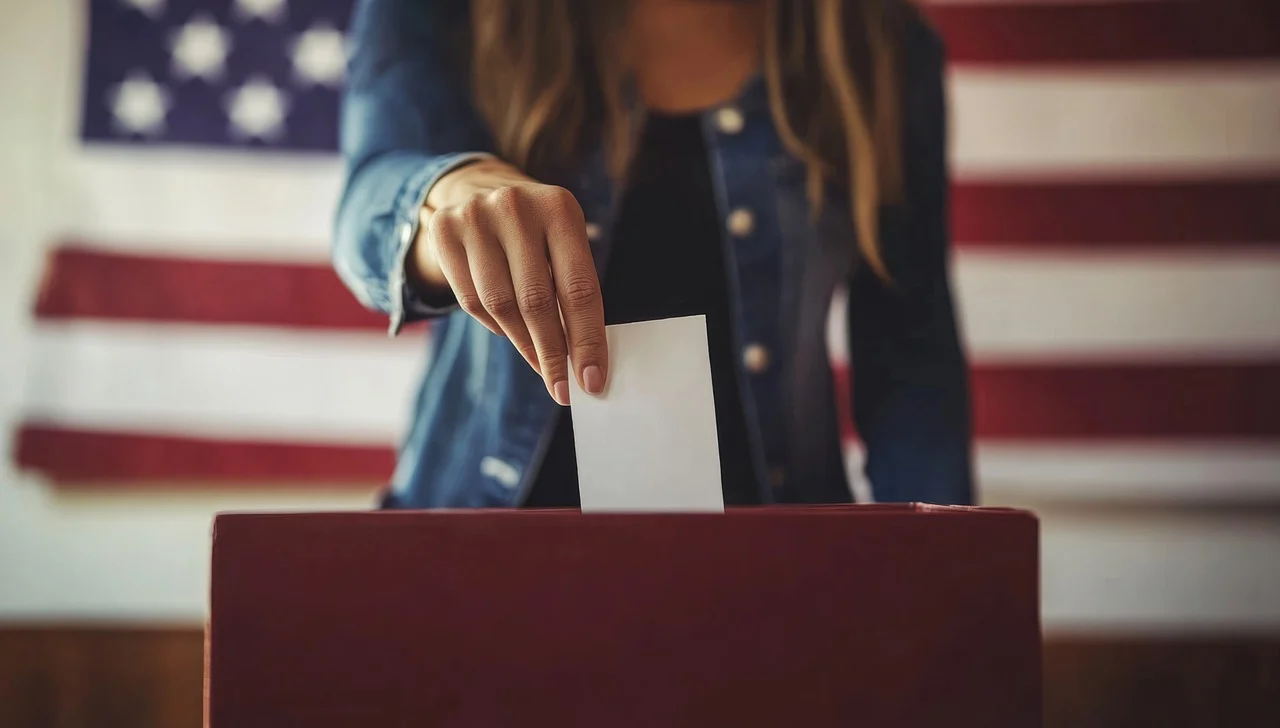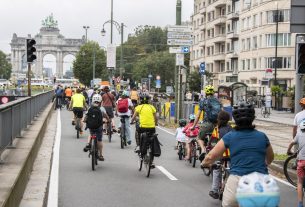As the United States approaches the 2024 elections, the political landscape is marked by unprecedented levels of fear and division. The deeply polarized environment has created an atmosphere where concerns over voter safety, misinformation, and the integrity of the electoral process loom large. This tumultuous backdrop has prompted both political leaders and citizens to grapple with the implications of such widespread anxiety on democracy and civic engagement.
The Rise of Political Polarization
Political polarization in America has reached alarming heights, with many voters identifying less with the opposing party and more with their own. This division often manifests in extreme rhetoric and distrust, leading to an “us versus them” mentality that permeates public discourse. According to a recent Pew Research Center study, over 80% of Americans feel that political disagreements have increased over the past few years, highlighting a growing sentiment that the nation is more divided than ever.
Fear and Misinformation
In the age of social media, misinformation has become a powerful tool that exacerbates fears surrounding elections. False narratives about voter fraud, manipulation, and election integrity spread rapidly, creating confusion and mistrust among the electorate. This is particularly concerning as some candidates actively propagate these falsehoods to rally support, further deepening divisions.
The 2020 presidential election showcased the damaging effects of misinformation, culminating in the January 6 Capitol insurrection. The legacy of that event continues to resonate, with many Americans fearing that future elections could be met with similar violence or unrest. Reports from organizations like the Anti-Defamation League indicate an uptick in threats against election officials and candidates, further stoking the fires of fear.
Voter Safety Concerns
Amidst this climate of fear, the safety of voters has emerged as a pressing concern. Instances of intimidation at polling places have been reported, with various groups mobilizing to monitor elections under the guise of ensuring integrity. These actions can deter individuals from voting, particularly among marginalized communities who may already face barriers to participation.
Organizations such as the NAACP and the ACLU have voiced concerns about the implications of such tactics on voter turnout and democratic participation. As election day approaches, calls for increased protections for voters and poll workers grow louder, emphasizing the need for a safe and secure voting environment.
The Impact on Civic Engagement
The atmosphere of fear and division has profound implications for civic engagement in the United States. Many potential voters may feel disillusioned or unsafe, leading to lower turnout rates and a disengaged electorate. A study from the Harvard Kennedy School found that a significant number of Americans are considering abstaining from voting due to concerns about violence and political unrest.
Conversely, the heightened emotions surrounding the elections could also mobilize some individuals to engage more actively in the democratic process. Grassroots movements and advocacy groups are working tirelessly to educate voters, combat misinformation, and encourage participation. This duality—fear leading to both disengagement and increased activism—illustrates the complex dynamics at play in the current political climate.
Conclusion
As the 2024 elections draw near, the intertwined issues of fear and division present a significant challenge to American democracy. Navigating this landscape requires a concerted effort from political leaders, civic organizations, and citizens alike. Addressing misinformation, ensuring voter safety, and fostering dialogue across divides are essential steps toward restoring faith in the electoral process.
In a time when democracy is under pressure, it is crucial to remember the foundational principles of participation, representation, and unity. By confronting the fears and divisions that threaten to overshadow the electoral process, Americans can work towards a more inclusive and democratic future.
References
- Pew Research Center. “Political Polarization in the American Public.”
- Anti-Defamation League. “ADL Report on Threats to Election Officials.”
- Harvard Kennedy School. “The Effects of Political Polarization on Voter Turnout.”
- NAACP. “Voter Protection Initiative.”
- ACLU. “Voting Rights.”



